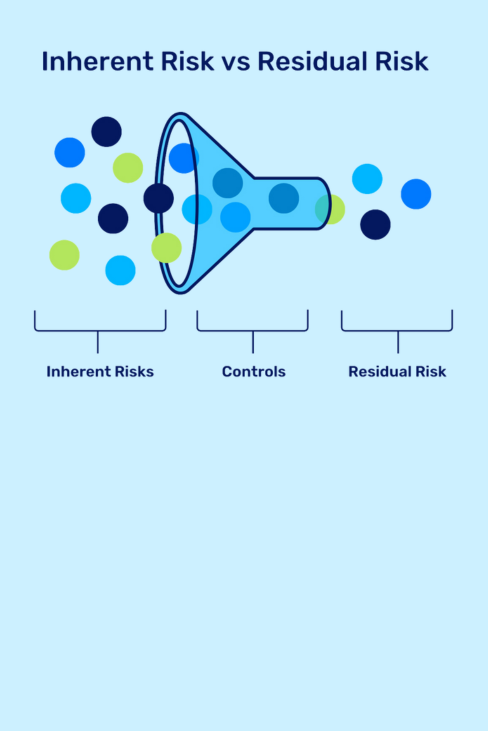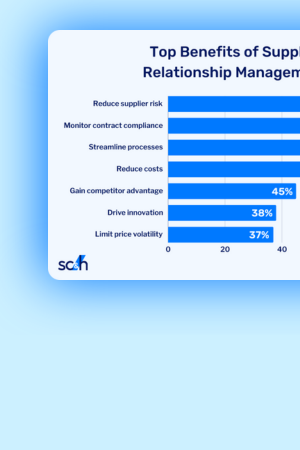The concept of receiving a paycheck and having those wages reported to you on an annual Form W-2 is not foreign to the common employee. However, when it comes to compensating partners for services provided to a partnership, the rules are a little different. Partners of a partnership should be paid through what is known as a Guaranteed Payments. Under Revenue Ruling 69-184, a partner cannot be classified as an employee of a partnership and receive W-2 wages like a normal employee can.
A Guaranteed Payment, under IRC Section 707 (c), is defined as a payment that is: (1) made to the partner acting in the capacity as a partner in exchange for services performed for the partnership or for the use of capital by the partnership and (2) not dependent on partnership income.
Guaranteed Payments made in exchange for services to a partnership are often called “partner salaries,” which is a bit of a misnomer because partners are not considered employees for federal and state income tax withholding and employment tax purposes.
Guaranteed Payments to an individual partner from a partnership that is considered to be engaged in a trade or business are considered self-employment (SE) income and included as SE income on that partner’s Schedule SE whether for services or use of capital. This means that the income will also be subject to payroll taxes (Social Security and Medicare taxes), in addition to ordinary income tax. Guaranteed Payments to a partner in exchange for services rendered to any partnership should be included in that partner’s SE income and reported in the same fashion.
The most common type of Guaranteed Payment is similar to a salary payment to a partner for their services to the partnership. A Guaranteed Payment does not have to be stated as a fixed amount, but it must be determined without regard to the partnership’s income.
Additionally, health insurance premiums paid by a partnership on behalf of its partners are also treated as Guaranteed Payments to the partners. As Guaranteed Payments for services, the partnership-paid premiums are deductible by the partnership and included in the recipient partners’ gross income. Also, they are included in the recipient partner’s net SE income for SE tax purposes. The partner can deduct 100% of the cost of the premiums above-the-line as an adjustment to gross income on their individual income tax return.
Classifying a payment as a Guaranteed Payment is important because of the following special tax rules that apply to Guaranteed Payments:
- The partnership deducts the Guaranteed Payment based on the nature of the payment and the partnership’s accounting method.
- Guaranteed Payments are treated as ordinary income to the recipient partner, who recognizes the income in his or her tax year that includes the partnership’s tax year-end for the year in which the Guaranteed Payment is deducted or capitalized.
- Because Guaranteed Payments are, in effect, treated as payments to non-partners, they have no impact on the recipient partner’s capital account or tax basis in his or her interest. The Guaranteed Payment income does not increase the recipient partner’s tax basis in their partnership interest, and the payment itself does not reduce his or her basis.
If a payment to a partner acting in their capacity as a partner is not a Guaranteed Payment, it is simply treated as a distribution.
From a bookkeeping and practical standpoint, payments would be recorded as an expense to an account called “partner Guaranteed Payments.” The partnership would simply write a check to the partner. The partner would, in turn, be responsible for any taxes or withholding on that payment.
If you have any questions about how this affects your organization – please contact SC&H’s Tax Services team to determine how we can assist you in navigating specific tax implications.





